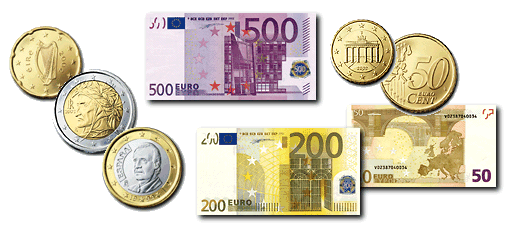France, Germany Lift Eurozone from Recession
August 14, 2013
The longest recession to hit the eurozone has officially ended, economists at Eurostat, the statistical office for the European Union (EU), announced today. Economists generally define a recession as the contraction of a nation’s gross domestic product for two consecutive quarters. Eurostat officials said the eurozone’s recession, which began in the fourth quarter of 2011, ended during the second quarter of 2013, as the group’s collective economic output grew by a total of 0.3 percent. The recession was the longest in continental Europe in the past 40 years. The eurozone, which was founded in 1999, consists of 17 EU countries that use the euro as a common currency.
Economists cautioned, however, that economic growth across the eurozone remained uneven. The bloc emerged from the recession mainly because of growth in France and Germany, whose economic output increased by 0.5 and 0.7 percent, respectively. However, the economies of some eurozone countries, including Italy, the Netherlands, and Spain, continued to contract during the second quarter, though at a slower rate. In Greece, the rate of economic contraction slowed slightly. Portugal, one of the bloc’s weakest economies, grew by a surprising 1.1 percent.

The euro has replaced the individual currencies of 17 member nations of the European Union. (European Central Bank)
Officials noted that unemployment across the eurozone remains high, exceeding 25 percent in some countries. They also warned that despite the the good news, Europe’s economy remains deeply troubled. “I hope there will be no premature, self-congratulatory statements stating ‘the crisis is over,’” the EU’s top monetary official wrote in a blog.
Additional World Book articles:
- Crisis in the Eurozone (a Special Report)
- Economics, World 2010 (a Back in Time article)
- Economics, World 2011 (a Back in Time article)


